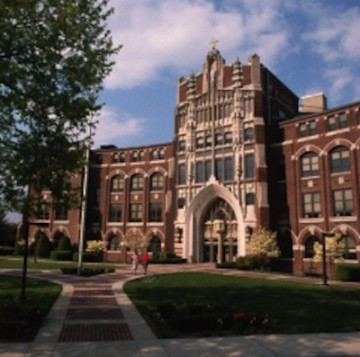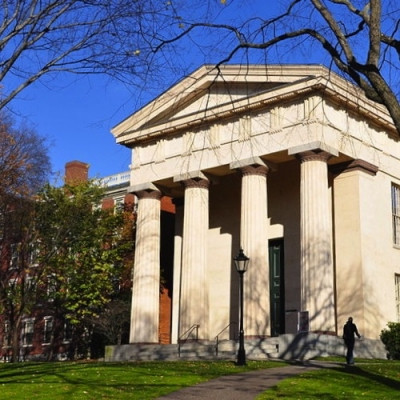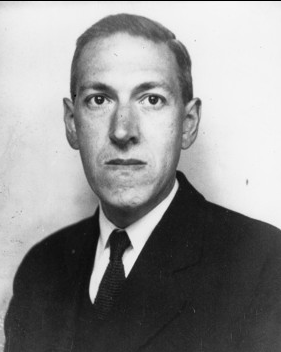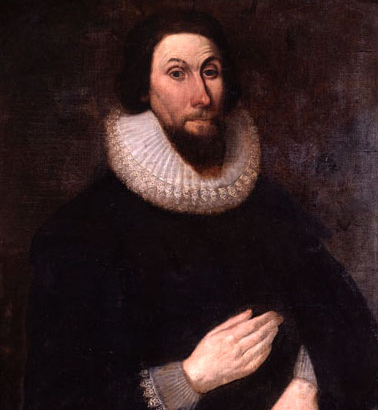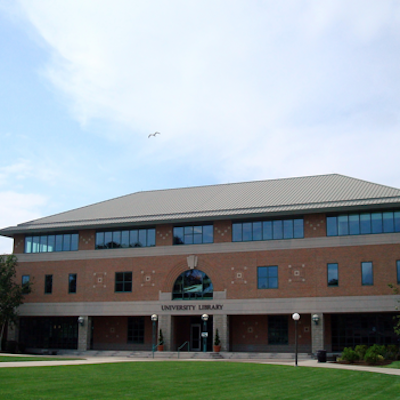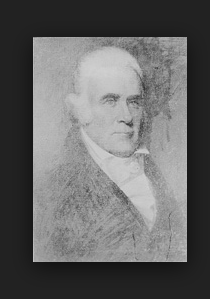Bottles Thrown at Black Students by White Students at Providence College, According to Reports
Thursday, February 04, 2016
Reports of a racially motivated assault of Providence College students have community members looking for answers.
PC President Fr. Brian Shanley sent a letter to the college community (see BELOW) saying police investigations are ongoing, and that he was "deeply saddened by the incident" that he said left the women feeling "fearful, devalued, angry, and humiliated."
The head of the NAACP Providence Branch is calling for a meeting with Shanley following the reports of racially motivated violence.
GET THE LATEST BREAKING NEWS HERE -- SIGN UP FOR GOLOCAL FREE DAILY EBLAST"I"m going to ask for a meeting with Fr. Shanley. If there are perpetrators of racial name calling or throwing bottles, they should be expelled," said NAACP Providence Branch President Jim Vincent. "There have been issues at PC over the years, this isn't the only incident. Enough is enough. We're coming to plateau, and something needs to be done."
Professor Weighs In
Professor Julia Jordan-Zachery, Director of Black Studies at PC, spoke with GoLocal about the incident -- and aftermath.
"It's a pretty consistent story about what happened. These women went to the house to get a friend of theirs, and said the young man at the door supposedly told them, 'We don't want your people here,' and pointed in the direction of Chad Brown," said Jordan-Zachery. "Then the women say they saw white students being let in, which is when the real trouble started. I heard they called them 'black bitch'. There's a race-gender connotation of being called that. The only thing worse they could have been called is nigger bitch. Then they had bottles thrown at them. I don't think they were actually hit with water, but that's not the point."
Jordan-Zachery said she has concerns about what she heard about how the incident was reported to police.
"The students called 911, they said they've been assaulted, and this is a racially motivated assault. I just learned that Providence College pays police detail on the weekends, fascinating in and of itself," said Jordan-Zachery. "Well the police refused to help these young women. I've seen the report, it has incident type as 'person annoyed.' So if that's not bad enough, it said she's appeared intoxicated. If she were in fact intoxicated, there is protocol -- she should have been charged with public intoxication, she should have been taken in. None of that happened. There were enough adults on the scene who have written reports saying she was not intoxicated, just visibly upset. I heard from one student that he was scared that one woman was having a panic attack and couldn't stop hyperventilating. The report detracts from what happened to these women, it detracts from the history," said Jordan-Zachery.
"If we're now 'investigating" what happened, historically speaking investigations at PC of racial biases don't go well," said Jordan-Zachery. "A couple of years ago students were called "nigger" on campus, and that was long drawn out process, where the other students said they actually said another word -- that was two years ago. Nothing happened. There's a deep history. Talk to alumni, this isn't new."
"Fr. Shanley is at a board meeting in Florida, and I don't know when he's due back," said Jordan-Zachery. "This is an opportunity for him in a leadership capacity to show greater leadership. The email came out this morning -- the incident took place on Saturday."
Shanley Letter to PC Community
Shanley sent the following letter to PC community Wednesday morning, following the incident reported on Saturday night.
Dear Members of the Providence College Community:
I regret to inform you that the College received the following report regarding an incident that occurred off-campus. Late last Saturday night/early Sunday morning, a group of five female PC students of color walked to a nearby off-campus residence of some PC students to join their friends at a party. Upon arriving, they were informed that the house was full and no other people were being allowed in.
As they began to leave, the students said they noticed that other students – white students – were being allowed into the party. After raising questions as to why they were turned away, they reported that water and beer bottles were thrown in their direction from a balcony. This behavior was accompanied by comments that made the targeted students – women of color – feel fearful, devalued, angry, and humiliated.
The incident was reported to both the Providence Police Department and the PC Office of Campus Safety and Security, and investigations are ongoing. While I am deeply saddened by this incident, I applaud the courage of these students to bring their report forward.
As President, I want to assure you that this incident is being investigated thoroughly and fairly, consistent with our core value that all members of the College community be treated with dignity and respect at all times. We know from our experience at PC, and that of colleges and universities across the country, that the impact of such incidents is not limited to the students who experience them; they bring pain to our entire community.
We will continue to work collaboratively with all members of the College community toward creating and sustaining an environment in which all students feel welcome, safe and supported.
Sincerely,
Brian J. Shanley, O.P.
Related Slideshow: Legacy of Racism in New England
Institutions around the country are currently addressing whether to acknowledge -- or not -- individuals whose past racist views are now being subject to present political pressure, whether it's Woodrow Wilson Hall at Princeton University, renaming Byrd Stadium at the University of Maryland, to renaming Jefferson-Davis Highway in Virginia.
In New England, a number of once prominent figures in the region's history are causing members of the community to revisit how a racist history plays a part in having a role in today's society.
Related Articles
- 360º: The Numbers
- 360º: The Background
- 360º: The Player
- GoLocalProv’s 360º - Exploring Important Issues from Every Angle
- 360º: The Professor
- Leaders Respond to Allegations of Racism in Johnston
- Seven Examples - Racism in New England
- Anti-Latino Racism and the Right’s Soft Underbelly
- YWCA’s Race Against Racism 5K Returns Oct. 7
- Dan Lawlor: Political Diversity Can Save Rhode Island
- Roger Williams Gets $75K From Hearst Foundations For Diversity
- RI’s Private + Parochial High School Diversity: Which Schools Reported
- Don Roach: Diversity is Overrated
- NEW: Blue Cross & Blue Shield RI Names First Diversity Officer
- NEW: PC Names First-Ever Chief Diversity Officer
- Candidates Tackle Illegal Immigration, Diversity in Debate
- RI Artist Tony Johnson to Speak on Diversity, Arts, at RIC
- Coach Herman Boone Speaks to Providence College, Addresses Diversity
- Supporters: Cutting Brown Wrestling Hurts Diversity
- NEW: Brown Sets Diversity Record With Class of 2017 Admissions
- Rhode Island Reacts to School Diversity Report
- Rhode Island’s Diversity Explosion—See Where
- Leaders Call for More Diversity in Law Enforcement Leadership in RI
- It’s All About Education: Do We Really Value Diversity in Schools?
- Don Roach: Don’t Force Diversity on the Providence Police Department
- Leaders Call for More Diversity in Raimondo Administration
- Providence’s Wheeler School to Host Diversity Conference
- GoLocalProv Wins Metcalf Award for Diversity in Media
- PHOTOS: 26th Annual Metcalf Awards for Diversity in the Media
- NEW: RI Gubernatorial Candidates to Appear at Diversity Forum
- GoLocalProv’s Nagle Wins NAACP Award for Diversity Coverage - 3rd Major Award in 2014
- 5 Charts Show How the Oscars’ Diversity Problem Goes Far Beyond the Academy


